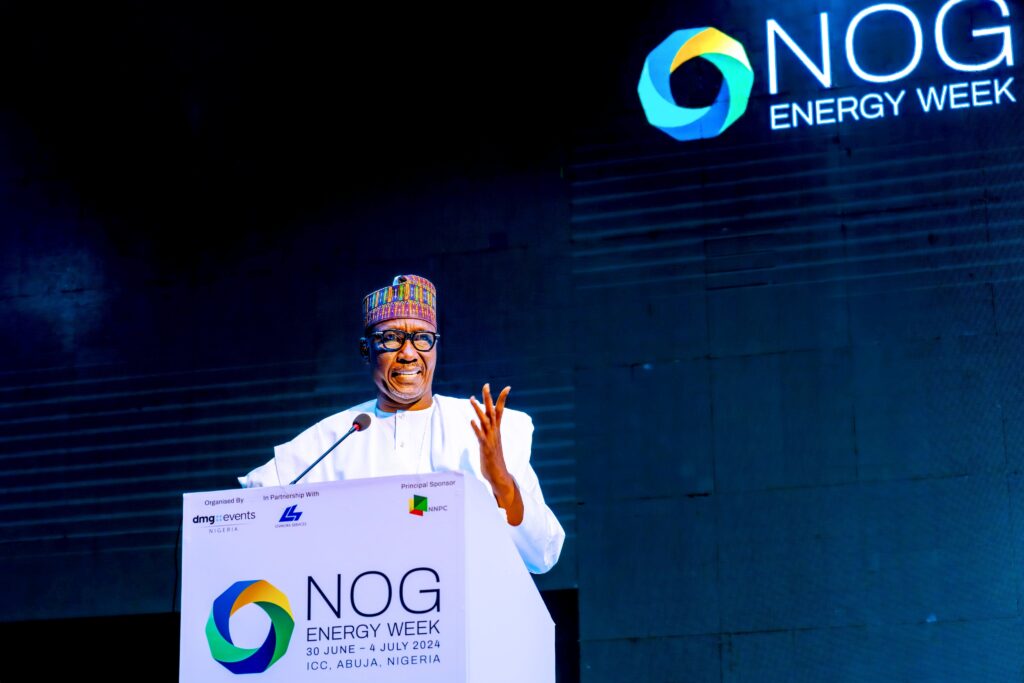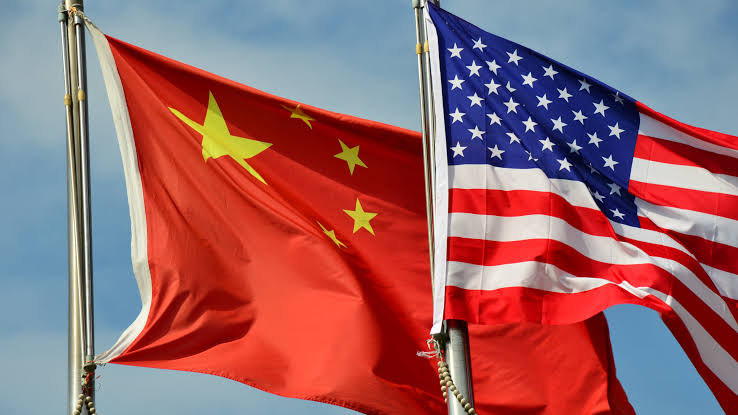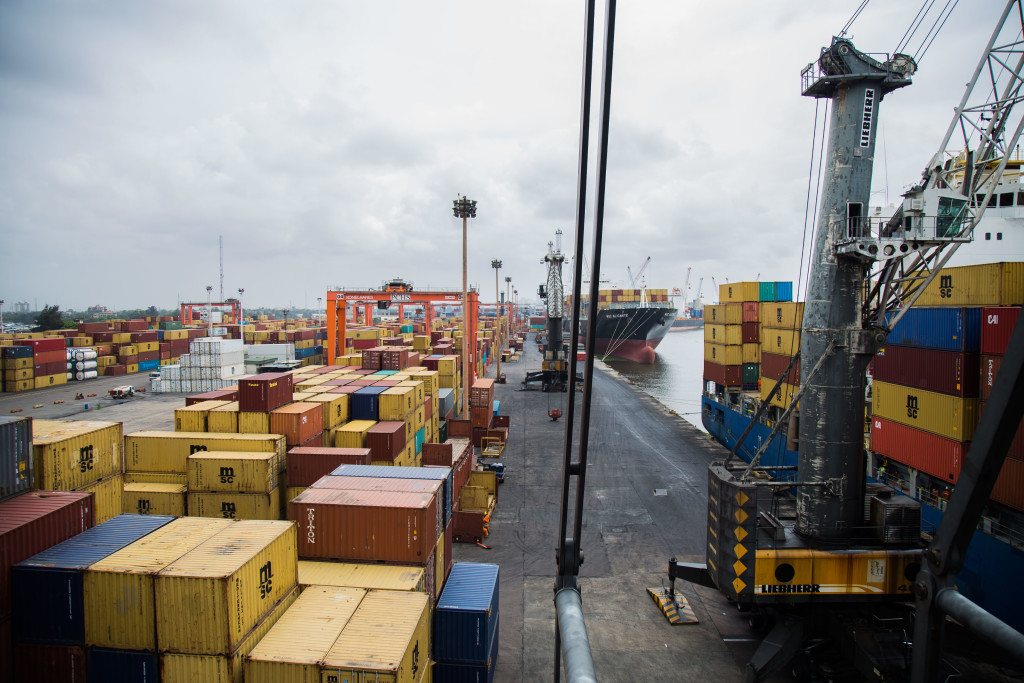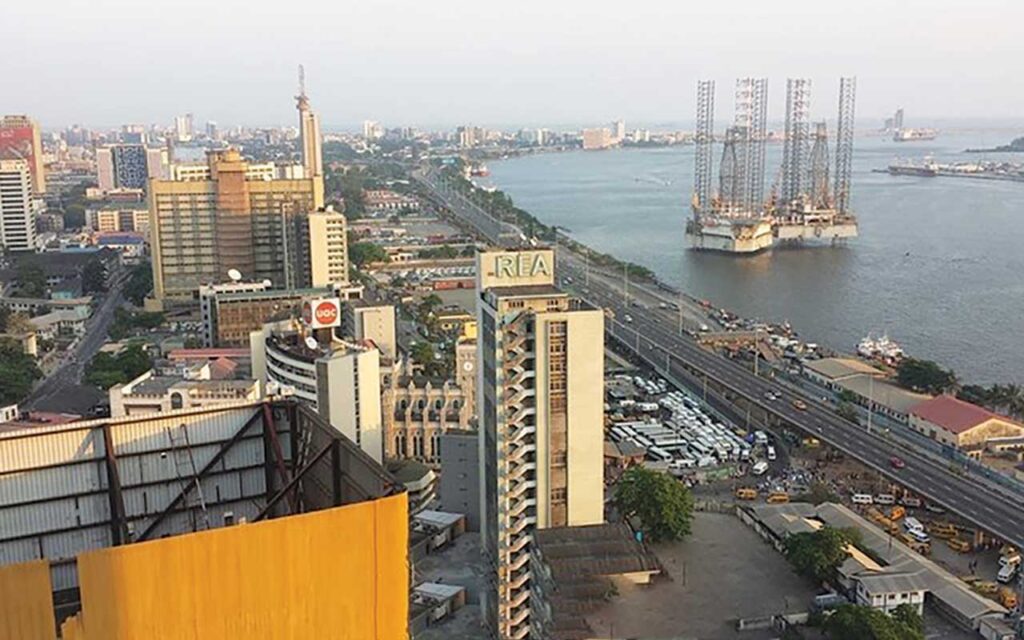Africa remains most expensive region for remitters
Remittances to Nigeria and other sub-Saharan African (SSA) countries are expected to rise by a moderate 1.5 per cent this year. This would increase the inflow, which many African households rely on for upkeep, such as feeding and medicare, to $54.8 billion. The projection is contained in a World Bank report released at the weekend. The report said remittances to the region fell by 0.3 per cent last year to $54 billion. An increase in remittances to Nigeria would mean more foreign exchange and less pressure on naira. The inflow, a major injection to the local economy, hit its peak in 2018 when it reached $24.3 billion.
Remittances supported the current accounts of several African countries that were dealing with food insecurity, drought, supply chain disruptions, floods and debt-servicing difficulties, the World Bank said in the report released at the weekend.
The report highlighted the high cost of remitting back home by Africans in the diaspora. It noted that sending $200 to the region costs an average of 7.9 per cent, almost unchanged in the past year.
SSA has the highest cost of remittance, according to the report. But the cost has been stable in the past year, unlike other regions that have seen an uptick. In Europe and Central Asia, it was up from 6.4 per cent to 6.7 per cent this year. For the Middle East and North Africa, it fell from 6.7 per cent to 5.9 per cent
The World Bank said a period of strong growth the 2021-2022 period of growth of official remittance flows to low- and middle-income countries (LMICs) moderated in last year to an estimated $656 billion.
In Nigeria and elsewhere in Africa, remittances are funnelled home through unofficial windows to avoid cut-throat costs. In recent years, the cost has dropped but significantly to make official windows attractive to migrants. The Central Bank of Nigeria (CBN) a few years ago introduced incentives to give a cash rebate to recipients of remittances sent through official channels. But experts said the rebate was could not cancel out the huge losses waived to expensive international money transfer organisations (IMTOs).
“Migration and resulting remittances are essential drivers of economic and human development,” said Global Director of the Social Protection and Jobs Global Practice at the World Bank, Iffath Sharif, while commenting on the new report. “Many countries are interested in managed migration in the face of global demographic imbalances and labor deficits on the one hand, and high levels of unemployment and skill gaps on the other. We are working on partnerships between countries sending and receiving migrants to facilitate training, especially for youth, to get the skills needed for better jobs and income at home and in destination countries,” Sherif added.











